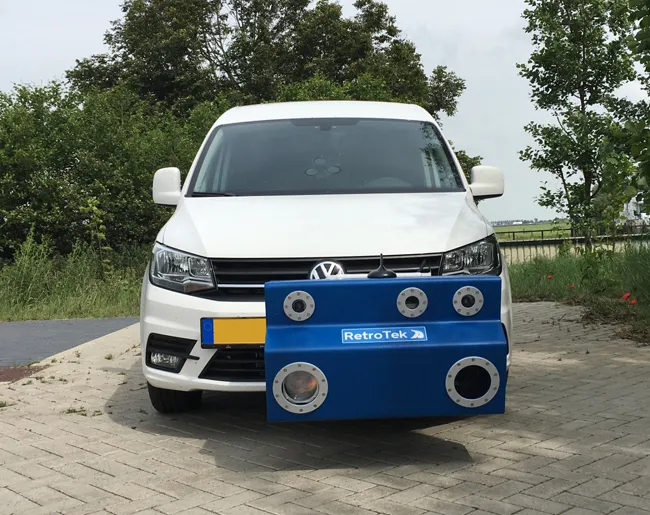Romania, Bulgaria and Hungary have Europe’s most dangerous roads according to official data from Eurostat. In 2017 Romania had 1,951 road deaths while Bulgaria had 682 road deaths and Hungary had 625 road deaths. The EU average for road deaths was 5/100,000 of population in 2017, with a total of 25,257 road deaths during the year. This is a marked drop from the 43,000 road deaths across the EU in 2007.
August 28, 2019
Read time: 1 min
Romania, Bulgaria and Hungary have Europe’s most dangerous roads according to official data from Eurostat. In 2017 Romania had 1,951 road deaths while Bulgaria had 682 road deaths and Hungary had 625 road deaths. The EU average for road deaths was 5/100,000 of population in 2017, with a total of 25,257 road deaths during the year. This is a marked drop from the 43,000 road deaths across the EU in 2007.






